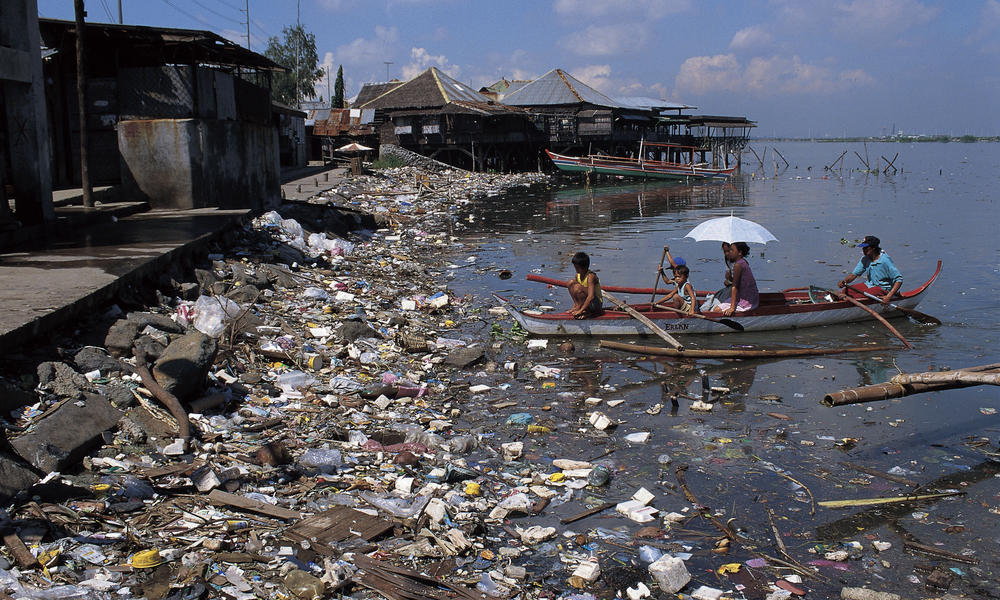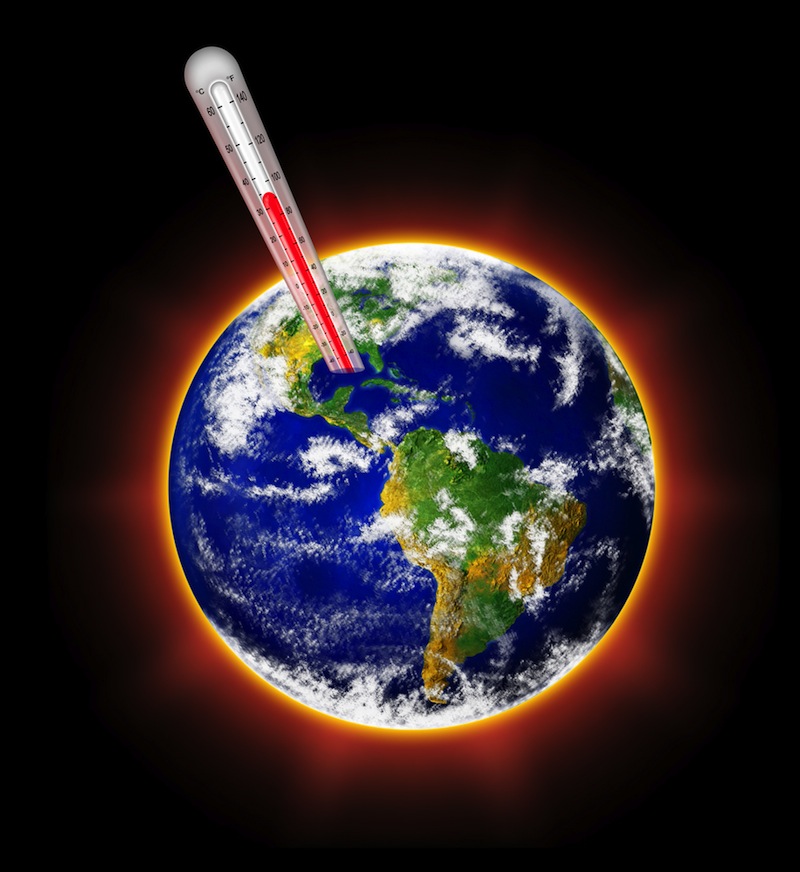Extinction is Coming :'(
Written by Devansh Taori.
The world is in an era of
gross ecological overshoot. Because of industrialization, capitalism, growth,
and consumption, humans have been polluting the environment and using up
resources to such an extent that many species are in critical danger. If
continued, this process will eventually result in the sixth mass extinction.
This is the story of The Sixth Extinction: An Unnatural History, a scientific
non-fiction book by award-winning author Elizabeth Kolbert. She breaks up the
book into 13 chapters, each analyzing a different ecosystem or species. Through
an empirical analysis of scientific trends, Kolbert successfully makes the
argument that the world is on the brink of overshooting its capacity, causing
many animals to die off. She proves her point by pointing to statistics such as
the extinction rate for amphibians increasing to 45,000 times the normal and
resource consumption productivity declining by a factor of 100. While isolating
the extinction of various animals, such as the mastodon and past dinosaurs,
Kolbert says the cause of all this is industrial capitalism.
I strongly agree with Kolbert’s analysis of trends. I
do believe that growth is terminally unsustainable; every factor proves that
we’ve already hit peak growth, and it’s essentially “try or die” to stop it.
However, many others in society disagree with Kolbert’s analysis. Because they
are skeptical of climate change and want to continue polluting the environment,
they try to disprove the 97% scientific consensus on global warming.
Unfortunately, it seems as though something needs to be done immediately to
reverse this horrific trend.
When I was reading her book, I was shocked by a few of
the statistics that Kolbert wrote about. For example, she pointed out by 2050,
for the world to continue to grow, humans would require 9 times the land
currently available on Earth. This means that capitalism and the
“growth-mindset” are unsustainable, since eventually resources will be
diminished and society won’t be able to function. She indicates that already
50% of Earth’s ecosystems have been devastated because of deforestation, and
90% of large fish have disappeared. Every day species are disappearing, and the
world is doing absolutely nothing about it. Therefore, I was extremely
convinced of her argument because she used a ton of evidence and statistics to
prove her point.
I was similarly amazed by her analysis of the impacts
of continued consumption and production. She describes two major ecological
catastrophes. The first is biodiversity loss, whereby a loss in the population
of a certain species can have ripple effects on other species. I learned that
this is because certain keystone species are essential in the food chain, so if
those species disappear, it can destroy the livelihoods of others.
Particularly, biodiversity loss is caused by deforestation, ocean
acidification, and the destruction of habitats. Globalization, trade, and
interconnectedness have only magnified the effects of biodiversity loss, since
the world has become a virtual Pangea. I didn’t know any of these facts before,
so it was really interesting hearing the science behind biodiversity and
species loss for the first time. The second impact she describes is global
warming. She talks about how ecosystems have certain tipping points, so if the
climate warms above 2 degrees, it can lead to runaway warming which is
functionally impossible to stop. Although I’d done some research on global
warming before for debate, I had no idea that a scientific consensus believes
something must be done immediately or else the world will heat beyond survival.
Her analysis opened my eyes to the extent of ecological destruction.
While Kolbert discusses in great depth the problems
with industrial capitalism, she fails to advocate a proper solution. She
generally hints at the idea that something must be done to stop warming,
biodiversity loss, and resource consumption, but that seems inadequate and too
vague to inspire change. Therefore, I did some independent research about what
others in the academic literature base are advocating for, and others are
saying that we, as a society, need to embrace economic collapse and transition
to a “de-growth” society. This is essentially a world where, instead of huge
national economies and big businesses, there are small, localized,
self-sufficient communities that don’t emit carbon at all. Instead, energy is
produced via renewable technologies and resources are consumed at a very slow
rate. I think embracing a de-growth world is the only way to stop the sixth
mass extinction, especially because no decoupling is happening.
In conclusion, when I read Kolbert’s book, I was very
interested by her statistics and learned a lot of new facts that I didn’t know
before. In fact, it made me so interested in global warming that I did some
extra research to discover the de-growth alternative. The only real criticism I
have of Kolbert’s work is that it lacks a proper solution, but because others
in the academic field are already talking about this alternative, it seems as
though Kolbert doesn’t need to have it in her book. Thus, my personal thoughts
are that global warming, biodiversity loss, and ecological overshoot are on the
brink of causing a sixth mass extinction. Species will die, and humans might go
down with them. The only way to stop this process is via embracing a de-growth
society.










Comments
Post a Comment